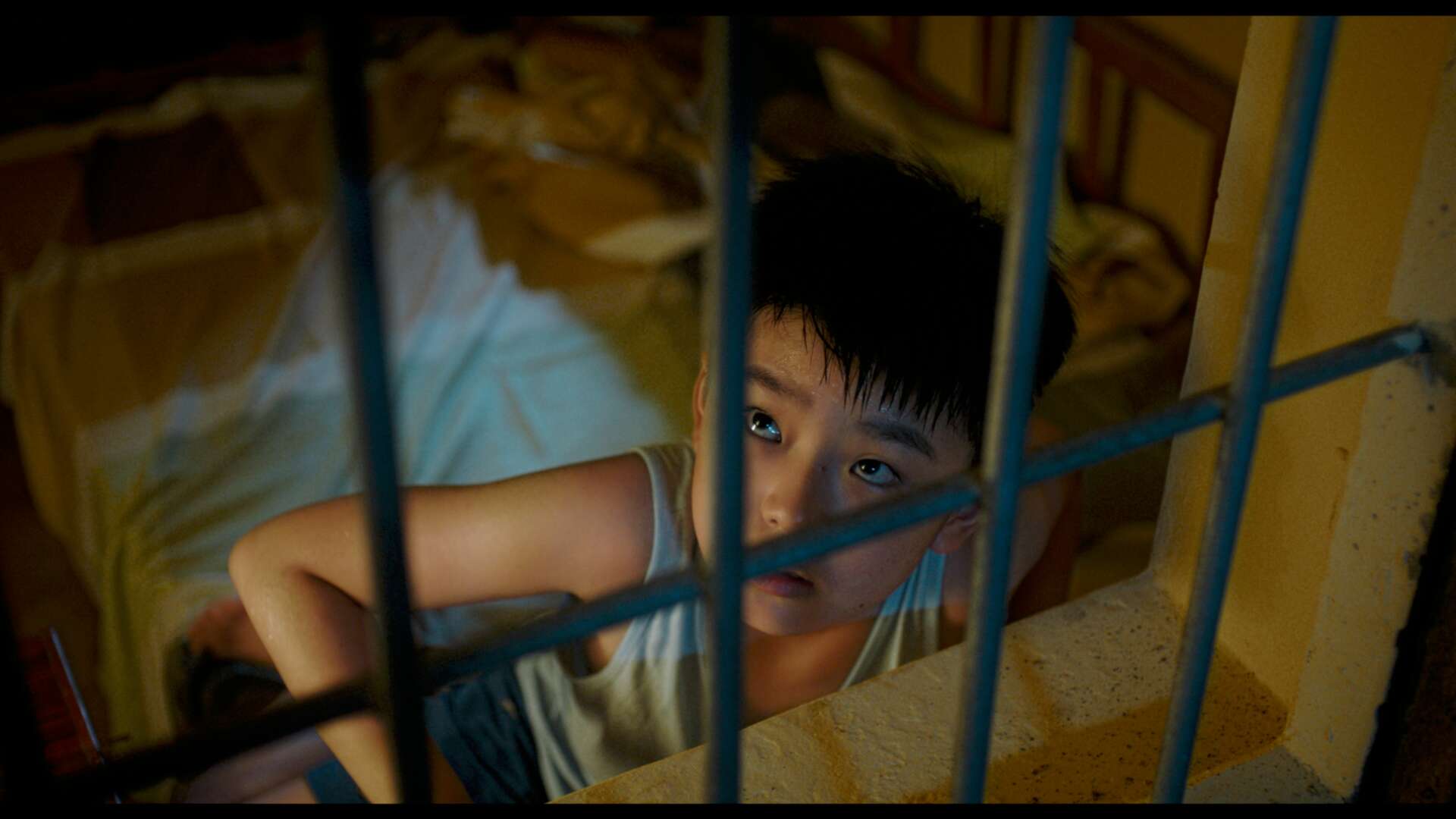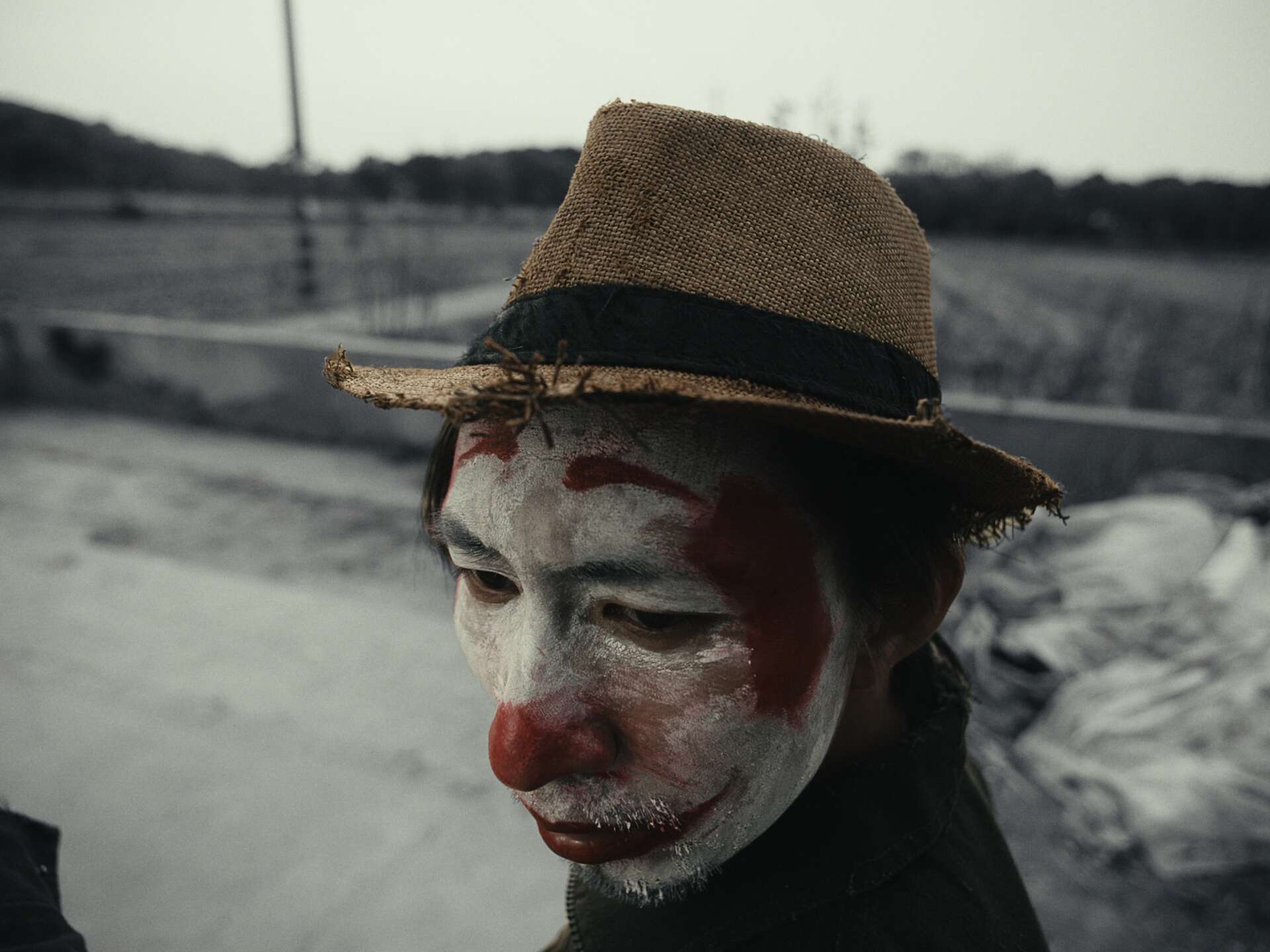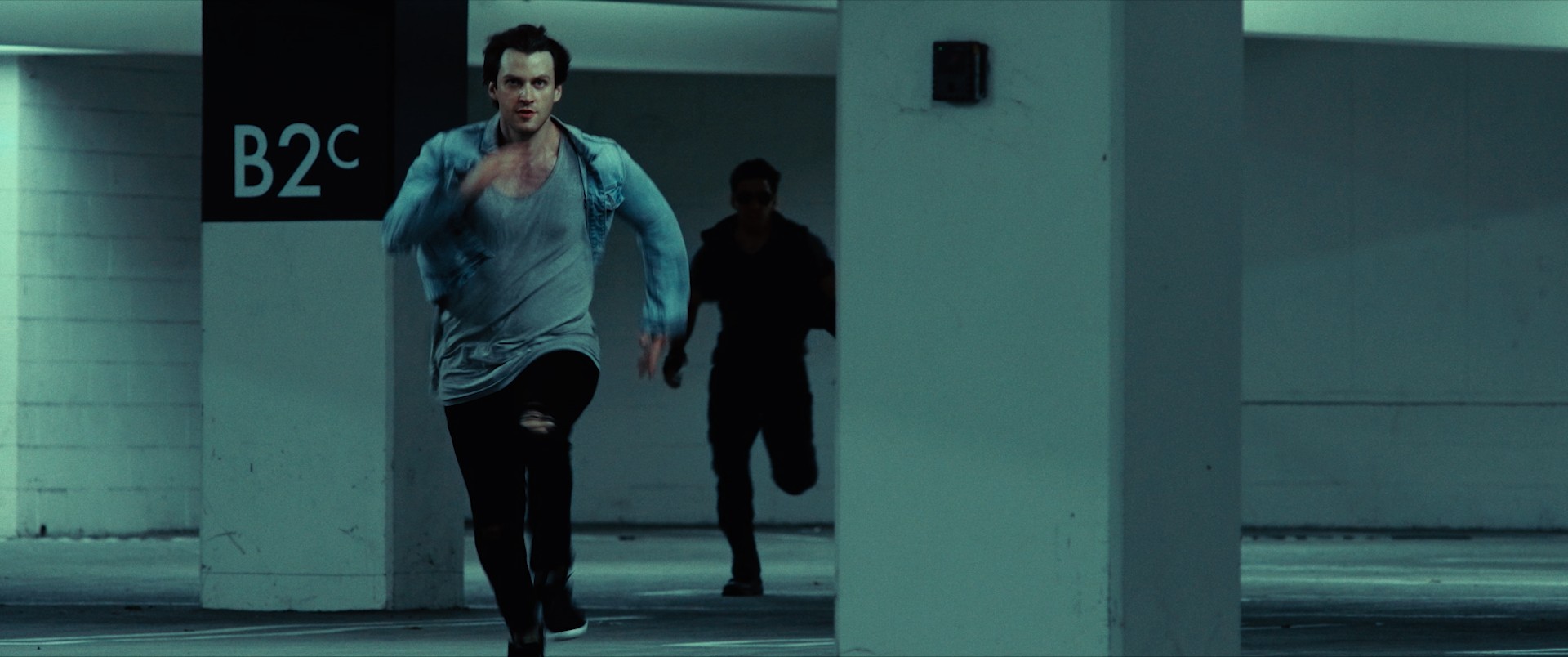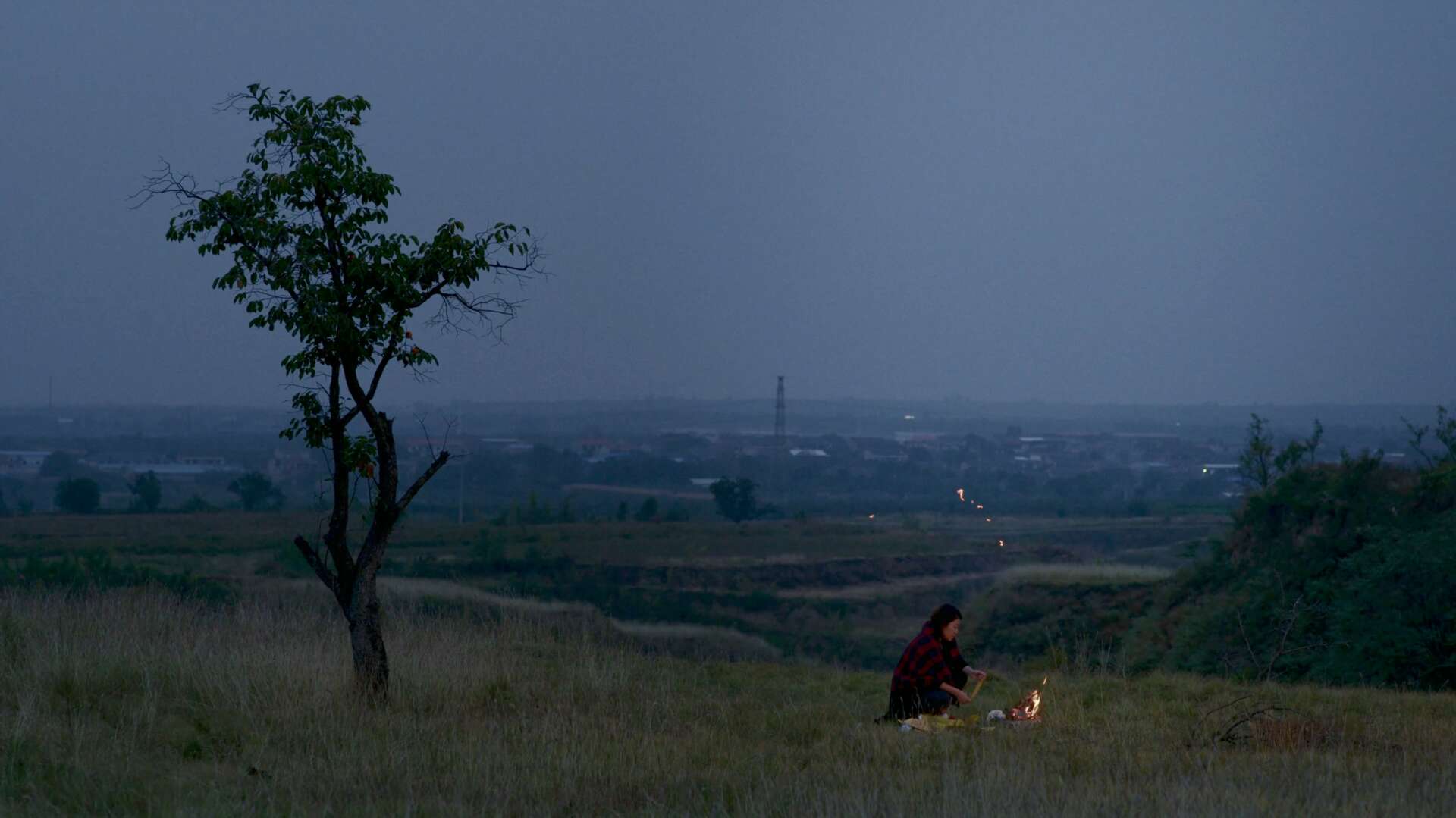We’re excited to introduce you to the always interesting and insightful Oliver (Zhongze) Li. We hope you’ll enjoy our conversation with Oliver (Zhongze) below.
Oliver (Zhongze), looking forward to hearing all of your stories today. Let’s go back in time to when you were an intern or apprentice – what’s an interesting story you can share from that stage of your career?
I had a valuable learning experience at the FIRST International Film Festival training camp, where I had the opportunity to work alongside Chinese editor Yibo Zhang (BETTER DAYS, 2019; NEVER SAY NEVER, 2023). During this time, I served as an assistant editor for a short film project led by one of my classmates, with Mr. Zhang being the mentor for the editing process.
The project presented an incredibly tight schedule, as we had just 48 hours to achieve a picture-lock for a 15-minute short film following three days of shooting. The film’s narrative centered on the subtle conflicts and subsequent reconciliation between a middle-class husband and wife during a lakeside vacation. Upon viewing the initial assembly cut after filming, I felt that the conflicts were underdeveloped, and the main characters were challenging to follow.
However, Mr. Zhang’s guidance and expertise proved transformative. He meticulously attended to the emotions conveyed by each shot, exhaustively exploring ways to intensify the storytelling. For instance, in the film’s opening scene, a landscape shot from a moving car initially felt disconnected, as it was wide and picturesque, failing to align with the potential conflict between the husband and wife. Mr. Zhang reviewed various takes but found none of them satisfying. In the end, he decided to crop the shot, making it a smaller, more confined part of the scenery. This subtle adjustment significantly altered the mood of the opening, infusing it with a sense of tension.
Another remarkable revision involved a scene in which the couple drove to a dead-end in the forest late at night. After an abrupt stop, the husband attempted to console his wife, who was shedding tears. This moment lacked the desired impact until Mr. Zhang removed most of the background sounds, leaving only their dialogue and breathing. That silence in contrast to the chaos in the story before adds a deep emotional touch to the scene.
I learned a pivotal lesson from Mr. Zhang during this process – a film truly becomes impactful when every scene is elevated to its fullest potential in the editing room. This principle has since become a guiding standard that I continually strive to uphold in my work.

Oliver (Zhongze), before we move on to more of these sorts of questions, can you take some time to bring our readers up to speed on you and what you do?
In the overall post-production workflow, editing holds a pivotal role. From a technical standpoint, this entails the need for an organized arrangement of footage and all editing assets, a clean and efficient layout within the software, and seamless coordination with other departments. I could serve as an assistant editor and my responsibilities extend to tasks such as transcoding, storage management, turnover processes, as well as captioning, the generation of various versions, and DCP (Digital Cinema Package) file exporting. I possess a solid grasp of the AVID Media Composer and Adobe Premiere Pro workflows.
Artistically, I firmly believe that a proficient editor should also possess the skills of a sound designer, adept at utilizing both visual and audio tools to weave a compelling narrative that aligns with the client’s vision. I always ensure that my cuts are well-tracked, balanced, and poised for presentation to the audience.
My primary focus lies in fiction films, with previous experience spanning across multiple genres, including horror, suspense thriller, comedy, and dramas. I am also open to taking on projects in the realms of commercials, music videos, and trailers.

Any advice for growing your clientele? What’s been most effective for you?
Firstly, my past projects serve as a strong reference. When clients are happy with my work, they often recommend me to others, leading to more opportunities. They would also come back to me for their later projects.
Secondly, I use various ways to make myself known to new people, not just as an editor, but also as a film enthusiast. I share articles and thoughts about films on social media. Some articles have been written about me, and you can find my profile on IMDb. I also run a podcast where I talk about films and interview other filmmakers. These efforts help potential clients discover me.

What’s the most rewarding aspect of being a creative in your experience?
It’s consistently fulfilling for me when I observe the audience’s reactions to my projects. I’m genuinely curious about their feelings and thoughts regarding the storytelling: are they engaged, or do they find it uninteresting? Do specific sequences unfold as intended, or do they hold surprises? I’m intrigued by the diverse perspectives that individuals of different ages, genders, and nationalities bring to the narrative – it’s a valuable form of communication.
In the realm of filmmaking, the journey from script to screen is an extensive one, making it particularly rewarding when a film is finally showcased, especially in a theater. Personally, I take immense pleasure in watching the film on the big screen in the darkness, fully immersing myself in the visual and audio design.

Contact Info:
- Facebook: https://www.facebook.com/oliver.li.773981
- Linkedin: https://www.linkedin.com/in/oli1995/
- Other: https://www.imdb.com/name/nm10708425 https://vimeo.com/767730017


